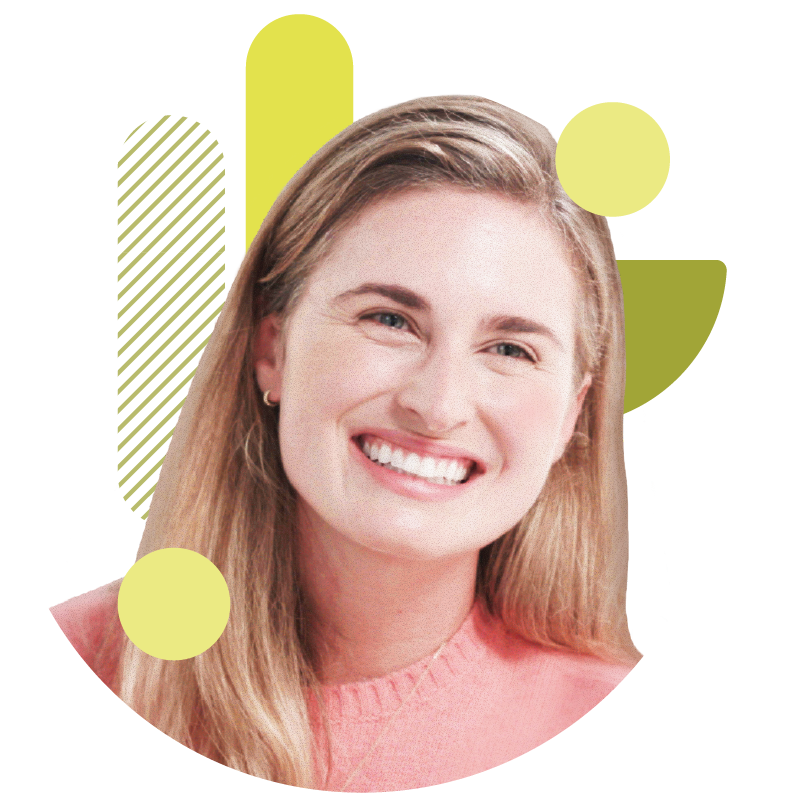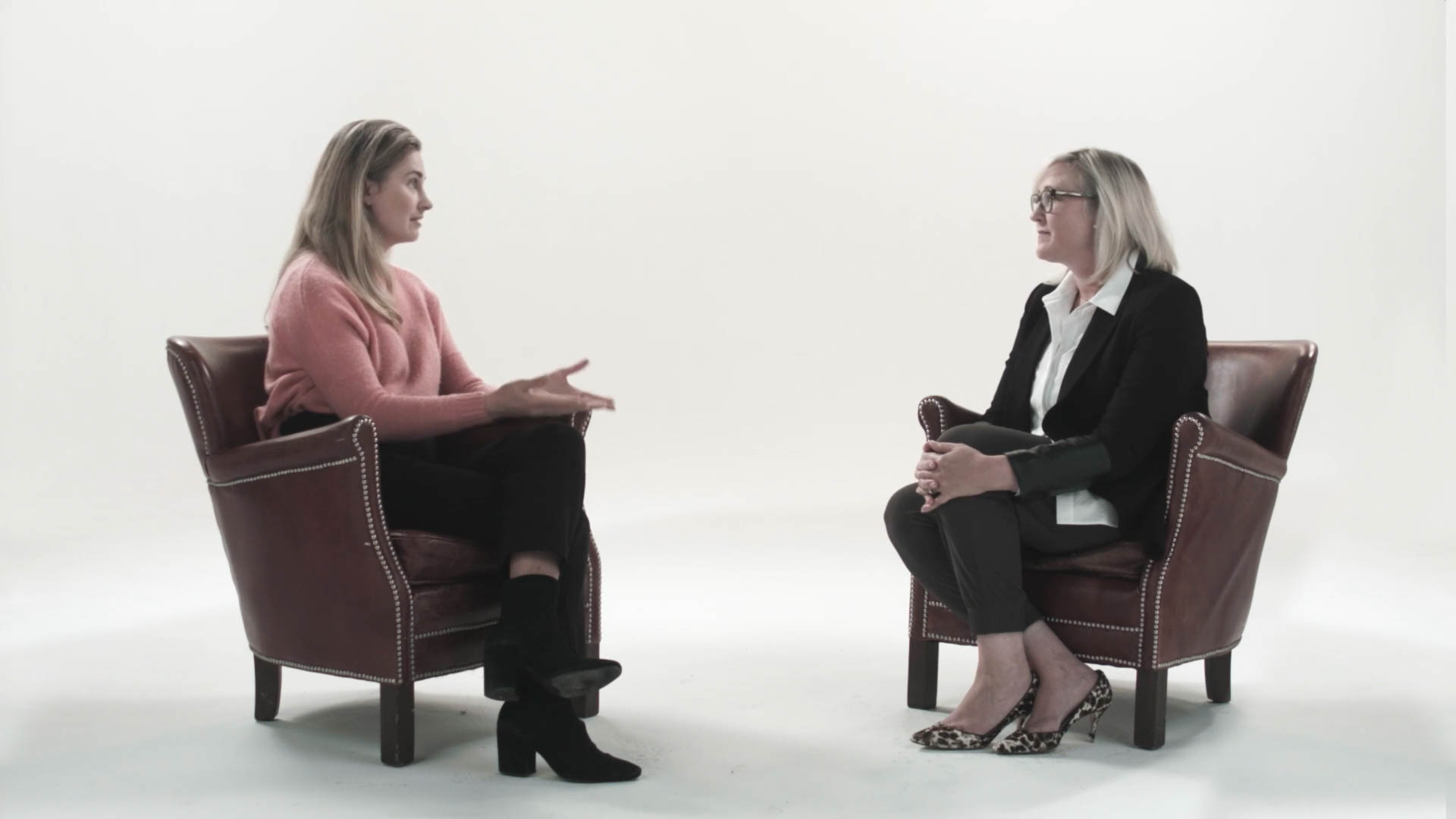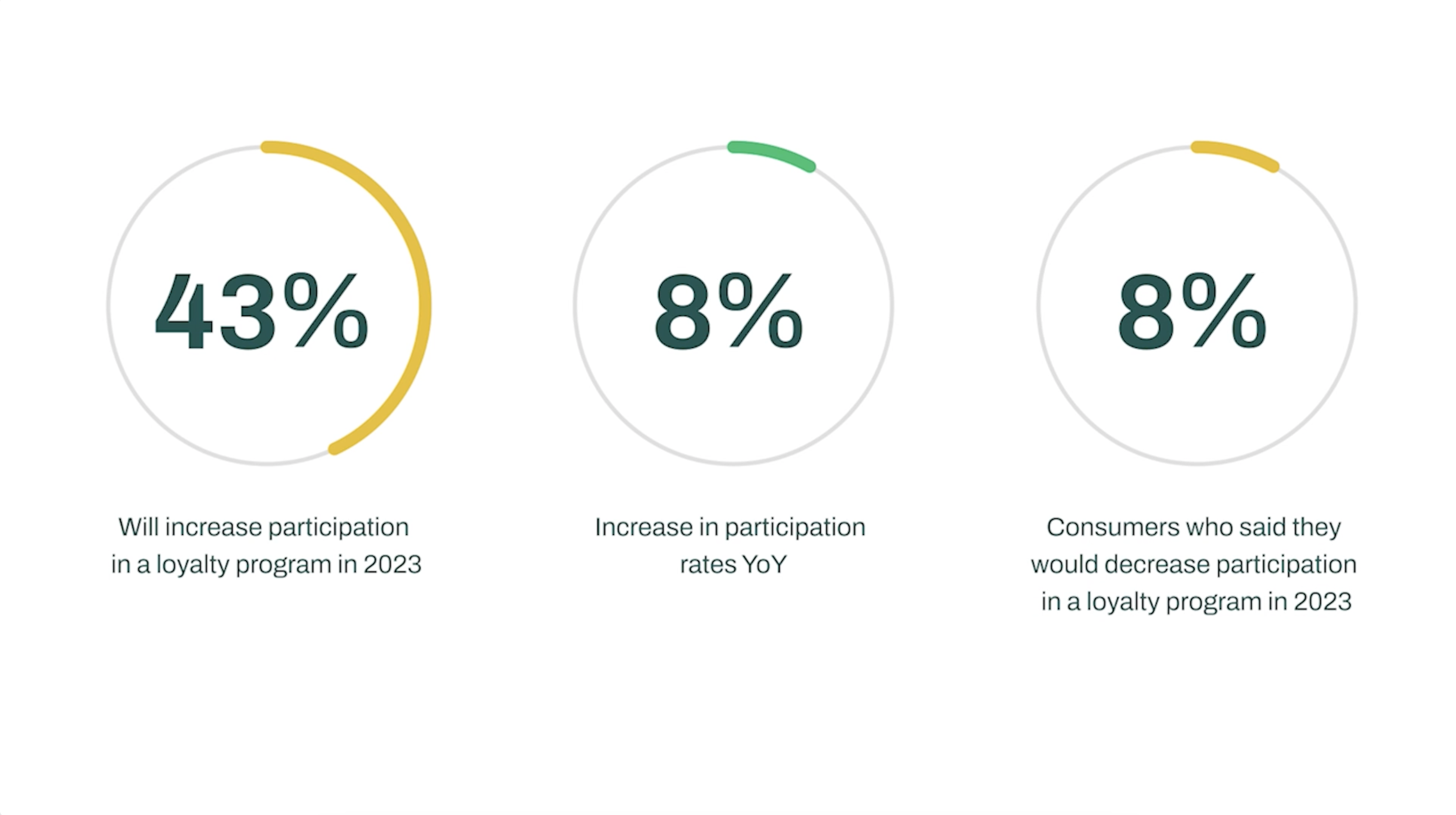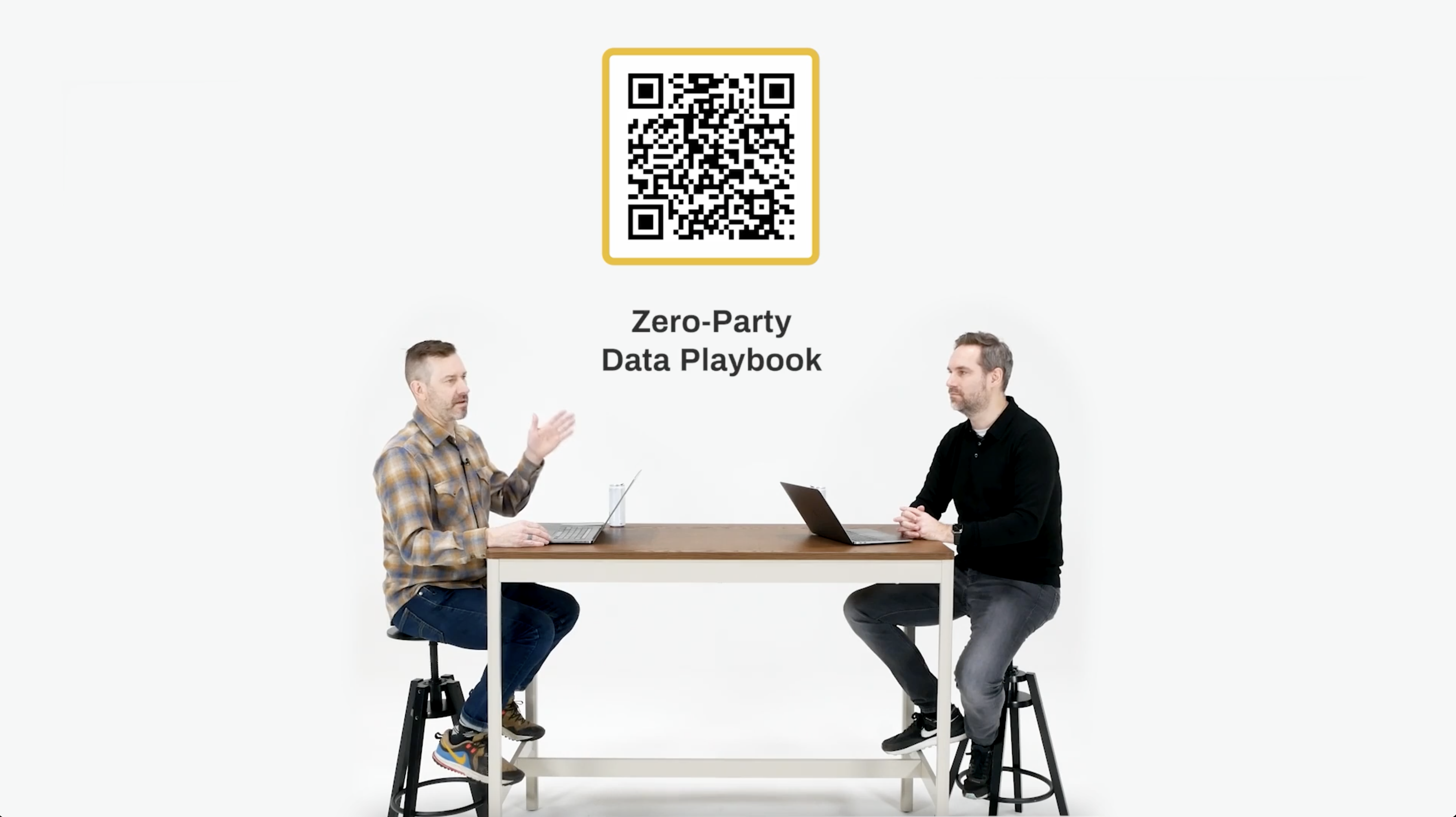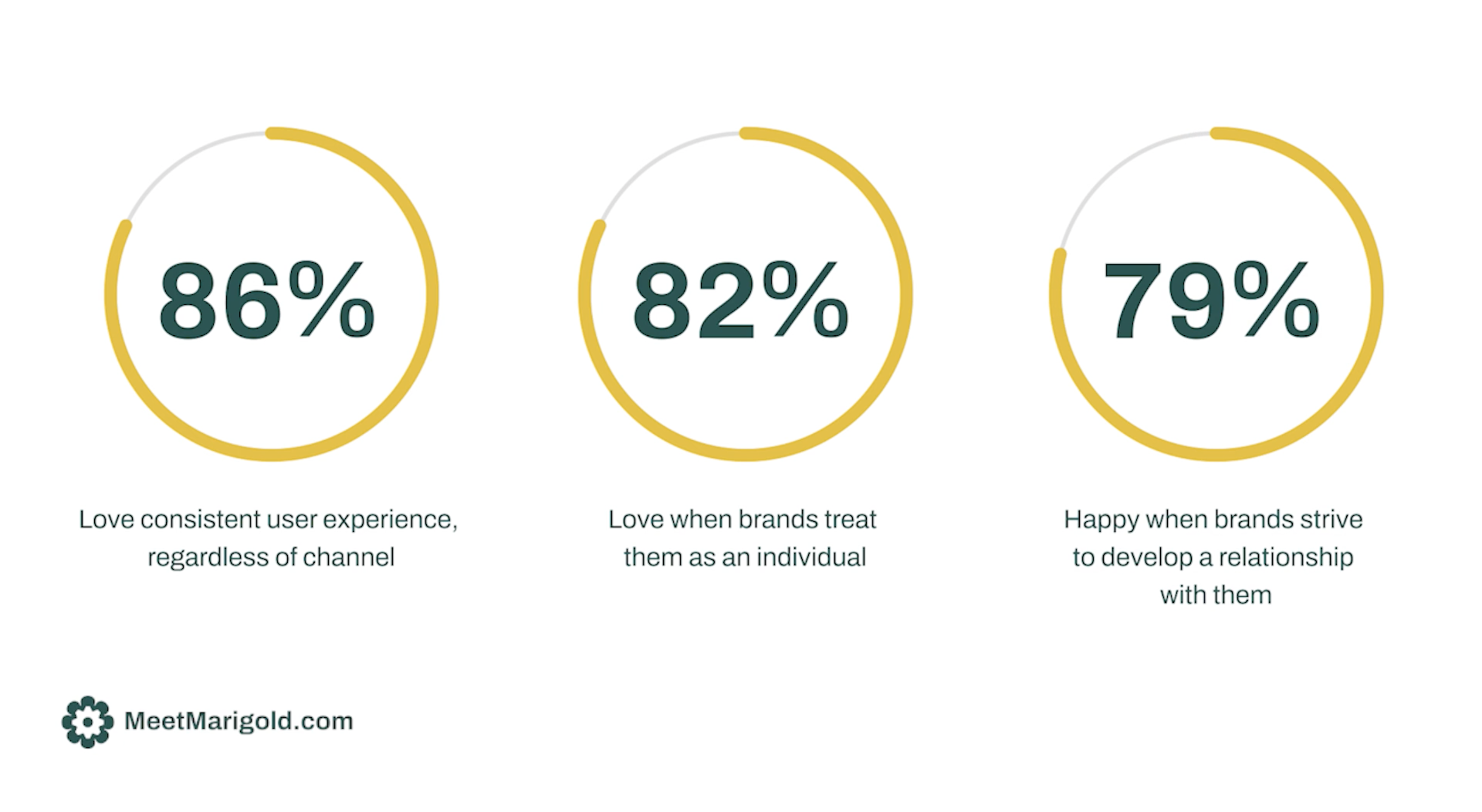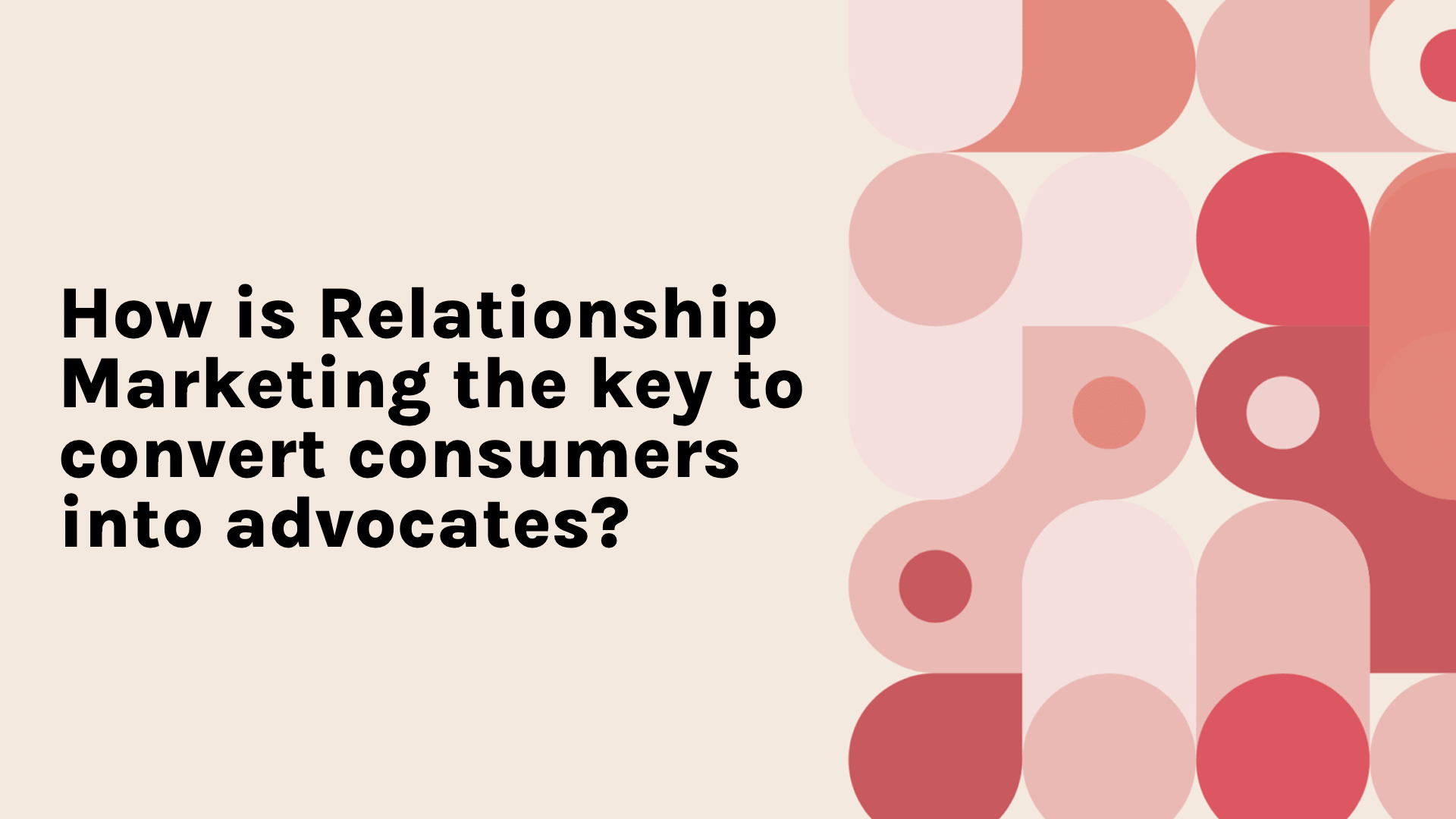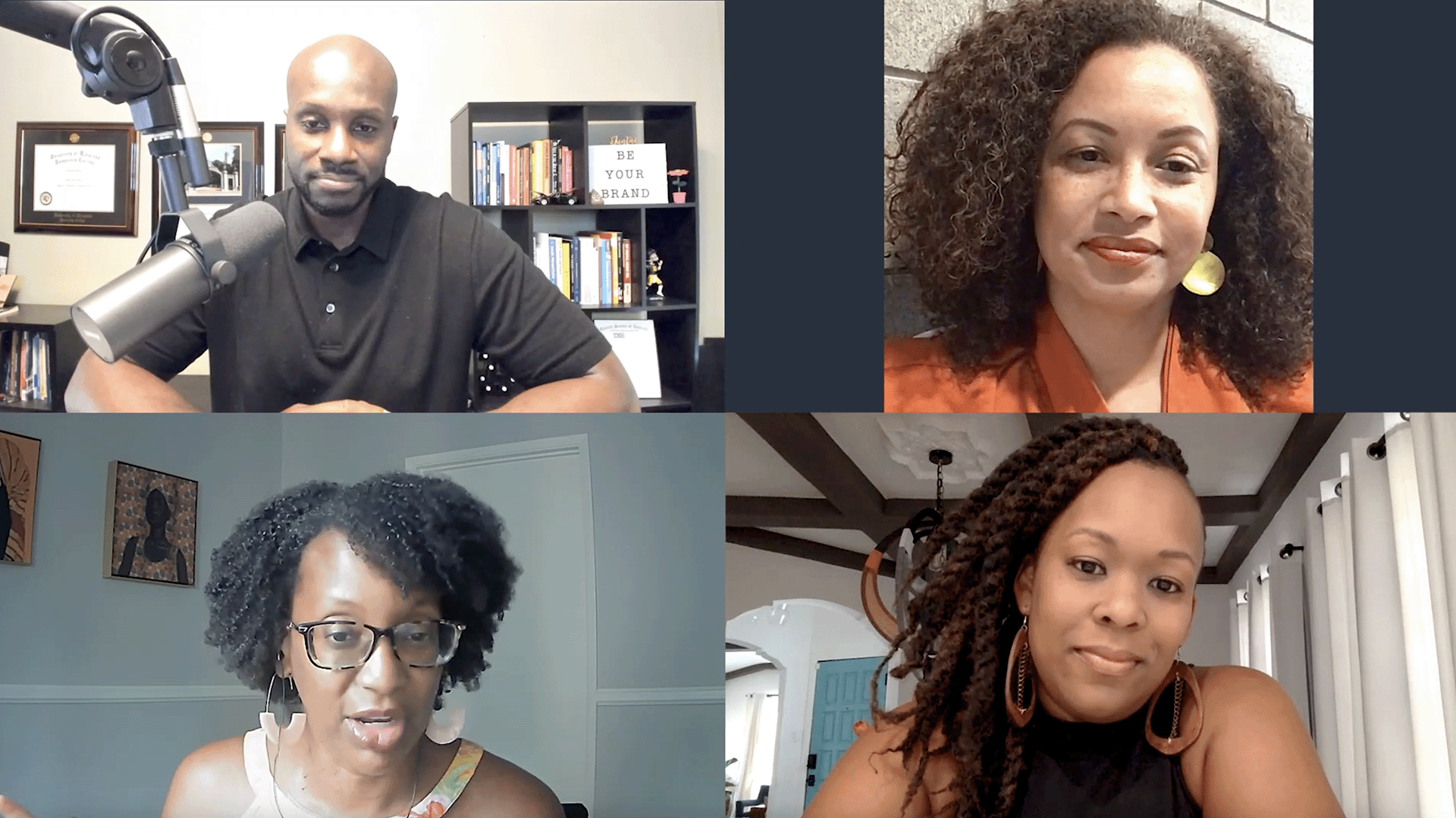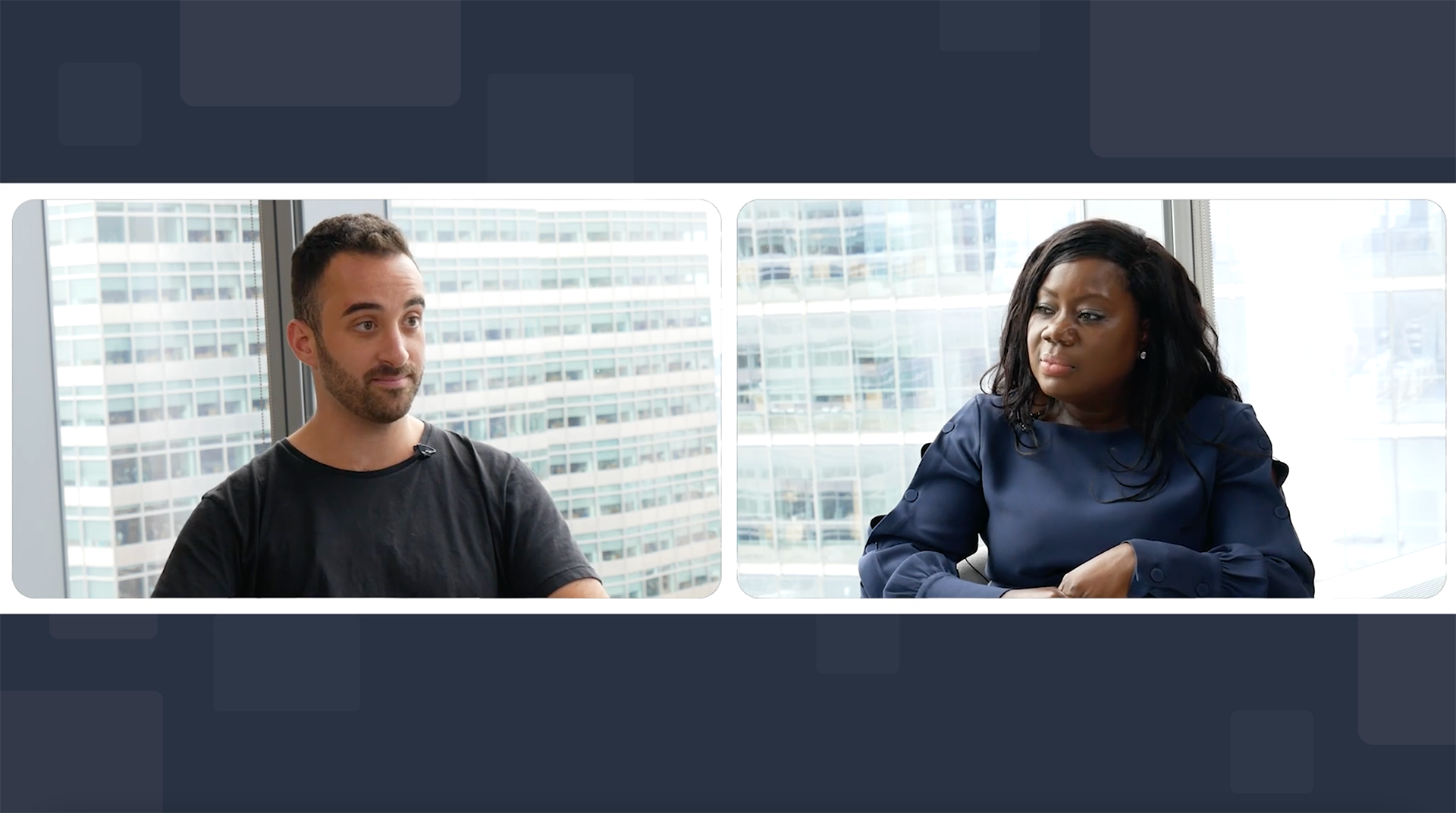The Power of Being Purpose Driven: Lauren Bush Lauren, Founder & CEO of FEED
- 0.5
- 1
- 1.25
- 1.5
- 1.75
- 2
Michelle Curless: Welcome everyone, I'm Michelle Curless from Cheetah Digital. Today, I'm really excited to have with us a very inspirational woman who is tackling the issue of hunger. I'd like to introduce to everybody, Lauren Bush. Lauren, thank you for being with us today.
Lauren Bush: Thanks for having me.
Michelle Curless: Thank you so much for being here. Can you tell us a little bit about FEED and the inspiration for this company that you started 15 years ago?
Lauren Bush: Yeah. I founded FEED right out of college. So actually, FEED started as a nugget of an idea I had in college, after having the life changing opportunity to travel around the globe with the UN Food Program. For those who don't know, the UN World Food Program is basically the on- the- ground, hunger fighting organization, the biggest hunger fighting organization around the globe. And really, through my experience of just traveling with them and seeing the issue of hunger firsthand. Approximately one in eight people globally are food insecure or hungry. I think it's about 811 million people, approximately, today literally don't know where their next meal is coming from. You hear these statistics, and it's massive and overwhelming. And, abstract even. And yet, when you got and you visit these communities, and families, and children specifically who are, daily, struggling to make ends meet and to put food on the table, it becomes very real. I basically came back from those travels, as a student, saying, " Gosh, what can I do? What can I do to inspire other people?" Especially young people, who may not have a big check book or the means to write a big donation to the UN, " How can I inspire them to know that they can also get involved and make a difference?" At the same time, I also was pondering my own life path and obviously, as most college students, didn't quite know what I was going to do after college. And, loved fashion and loved design. So FEED really came from the marrying of both of these. My love of design, and fashion specifically, and entrepreneurship, but also a real desire to create something that would give back. I founded FEED about a year after graduating from college. I graduated though, with my very first FEED bag sample, as just a tangible way to give back. What we do, our mission is to create good products that help feed the world. Every product, mainly bags, that we make has a number on it. That number signifies the amount of school meals that we're able to donate to kids globally. And actually, we have a little video which I think better illustrates even, and gives folks a good visualization of what FEED is all about. The first time the reality of hunger really became apparent to me was really in traveling. In my very first trip with the World Food Program, and where they took me was a therapeutic feeding center. That's basically a clinic for kids who are really severely malnourished. As I was leaving, a mother came up and put her son in my arms. This little boy was writhing in pain. It's just seared into my memory forever, this little kid. Literally, I could cradle him, I would have guessed at the time he was maybe three. The shocking thing is that he was seven years old. The unfortunate reality is there is such a great disparity in the world, and not just a disparity in wealth, really a disparity in opportunity. The unfortunate truth is that so many children into that situation, it's called the Birth Lottery. Hunger is so often this faceless, abstract, overwhelming issue. But over the last 10 years, I've been able to meet so many people, so many families, abroad and here in the US, who just struggle to make ends meet, to put food on the table. I think that's been part of my wanting to start FEED, is to be able to give people that connection point and that way to dive into and engage with an issue like hunger, that can be so big and too big to even begin to engage with. And yet, you can give a meal, you can give five meals, you can give 10 meals, you can feel great about what that meal is doing and how it's empowering kids to improve their lives, and get an education and get that nutrition that they need. The power of a meal is so great. We all, as humans, can identify with that, given we all need that sustenance to not only survive but thrive. I really see the power of a meal as more than just that singular meal. It's showing a kid you care about them, it's giving them the strength they need, and the nutrition they need, and the energy and the life force they need to go forth in the world and live their best life. It's amazing to think, 10 years in, that FEED has been able to galvanize such amazing support from this awesome group of customers, of partners, of people who really want to make the world a better place. And, amazing that that's resulted in 100 million meals given and I feel like we're just getting started.
Michelle Curless: That video was great, thank you so much for sharing that with us. I'm interested, most organizations like yours are not for profit. I'm interested in the for profit aspect of FEED and why you decided to go that direction.
Lauren Bush: I know, it was a real decision point early on. I actually met with a lawyer who, for one, said, " If your main purpose is to be selling product to then make a donation, it's best to actually start as a for profit company." Even though we are very much centered around giving back and doing good for the world, nowadays there are the B- corps and it's a more known entity, what FEED is. When I started FEED, I never heard of the term social business, social entrepreneur. It's really neat and really interesting that I think this has been a rising trend in how people go about doing business. But for us, it just felt right. We are supporting non- profit partners in the UN, who are doing the work on the ground. We're essentially a for profit that is a very charitable for profit, in the sense that we make quite a large donation every year and through each product we sell, even, to the non- profit on the ground, who are doing the great work of feeding kids globally as well as here in the US.
Michelle Curless: That's a really great perspective. Thank you for that. I'm interested in how you've been able to communicate and engage your customers in this mission of feeding kids around the world.
Lauren Bush: Well for one, I feel like we started with that very tangible meal metric attached to every product. Nowadays, that's I would say happened more and more, with the Toms of the world, the Bombas, Warby Parker even, a lot of great consumer brands like FEED have attached that very measurable, very tangible give back to the product they sell. But, I do think that is one of the main ingredients for why people like and trust feed, because you know exactly. It's not a percentage of profits or proceeds, which while wonderful and you feel good about your purchase, you know with FEED exactly the amount of meals that will be donated through our giving partners on the ground. I would say that's the first and most important communication to our customers. But secondly, I think it's about having a conversation. It's about finding that balance between educating people about the realities of hunger, which are extremely daunting and sad. And, poverty. But also, offering them this very hopeful solution. Hunger, unlike many other problems we face around the world, we know how to solve hunger. We know it takes food. It's really an issue of access. And with that, you can break it down, again, to that tangible meal. We primarily, too, focus on school meals, so it's also about educating consumers who care. Most consumers just want to know that quick, little transaction, " Here's what I gave. I get a great product also, in return," so messaging around the quality and the function of our products, of course, also at the forefront of what we try to do. But for those who really care, we have a blog, we do these changemaker chats. We have other means of engagement around the issue of hunger, around issues that also touch the issue of hunger. That's also really important. To be that, I don't know, awareness raising entity as well. When I first designed FEED, and still to this day, one of the best things is seeing a FEED bag proudly walking down the street. To me, it's just this great billboard for us and it's a great conversation starter. I think anyone who wears a bag that says FEED, most of our bags have the branding quite large, for the most part knows about FEED, at least knows the mission and is able to pass that along in carrying the bag, when they're asked about it.
Michelle Curless: Yeah. It definitely opens up the conversation and opens up the dialogue around the issue of hunger. Like you said, the statistics are very high but it's not something that we're really paying attention to and talking about on a daily basis.
Lauren Bush: Yeah, unfortunately not.
Michelle Curless: It definitely does open up that conversation. What are some of the lessons learned or pitfalls that you've run into, over the past 15 years?
Lauren Bush: So many. I don't know if we have enough time here. I think one big lesson learned was that, as much as consumers are very much driven by purpose, especially now, you also have to market towards, again, the function of your product, the quality, the price has to be right. All these other factors have to be correct. I think when I founded FEED, I was probably more naïve and more idealistic, thinking just the purpose alone will drive those sales. I would say we've gotten a lot more dialed in to how to talk to our customers about all those aspects. I think the next level is then talking to which segment cares most about the cause, talking to them more about the cause. The segment that cares more about the product, and the quality and the function, talking to them more about that. So segmenting out our communications in a way where you're targeting people in what will drive them, inspire them to purchase from FEED and be those evangelist customers that you want.
Michelle Curless: Let me ask you about the trend of purpose driven commerce and how that has evolved over the past decade.
Lauren Bush: Yeah, it's been amazing, and fascinating, and I would say just very heartwarming to see that evolution. What started, I would say when I was just starting FEED, was the Red Campaign and Toms, we were all just starting that same even year, within the two year span. It almost was the birth of that conscious consumerism and customers starting to pay attention more to the products they're buying, and the brands and what ethos they have or what they're supporting on the back end. I've really seen that evolve very dramatically, to be almost activism consumerism, where people are not only purchasing from companies that have values that they support, but also will actually boycott companies with values they don't support. And, more and more companies have to take a stand. I think even when I started 15 years ago, many companies, you could sit on the sidelines and let societal problems and issues play out. That's just not the world we're living in now. I actually read recently, at Edelman, they do a trust survey every year that's really interesting. The one this year said, of all the institutions, so NGO, government, business and media, business is actually the most trusted institution now. So because there's been such a lost of trust in media, and government and NGO, unfortunately, people are looking to business to carry that mantle. I think it was something like 68% of people surveyed, this was globally and very much here in the US, say that CEOs should speak out on societal problems. And not only that, but they should take action. Where the government isn't solving something, businesses need to solve it. It's really interesting, where people and consumers are placing their trust nowadays. And, expectations. I think it's all the more interesting to be a business leader now, because not only do you need to run your business, and be mindful about whatever products or service you're putting into the world, but you need to be able to do so very consciously and mindfully.
Michelle Curless: Yeah, that's very interesting. We see the same trends. But, what I want to ask you is what advice to you have for others that are trying to get into the business of being a purpose driven brand?
Lauren Bush: Yeah. I would say, first and foremost, to really ground your company around the purpose. I know that sounds silly but I do think customers sniff out when something is good washing or green washing. So the benefit you have from starting from scratch is that, truly, the purpose of your business can be from day one. You don't have to reinvent it, you don't have to make it up five years in. Obviously, the benefits of that, in terms of recruiting other really dedicated like minded people to your, especially young people, are specifically looking for companies that have that purpose at the core of their DNA. But, to do it authentically and to do it in a way that's, I'd say, joyful for your customers, for your employees, for your community that you eventually build. Whether it's a virtual community or in- person community, to really use that as your rallying cry, is such a benefit. I really do see now almost the cost of doing business is to be grounded in some sort of purpose, beyond shareholder dollars and profit. That makes me very optimistic for the future.
Michelle Curless: And, for the past 15 years, you've been grounded in that purpose since day one.
Lauren Bush: Yeah. We've obviously done different partnerships and different products, and we continue to evolve as any company has to and any product company has to. But, I'm really proud of the fact that we always come back to our mission, which is to create good products that help feed the world, and feed kids specifically around the world. That's really been a North Star for me as the CEO, but also a North Star for our company, in how we filter through who to partner with, or channels to focus on and all those daily decisions you make as a company. We also have to make sure it serves our mission of feeding kids.
Michelle Curless: Okay. We cannot get together and not talk about the pandemic. The pandemic, over the past year and a half, how has it affected your business? Have you had to pivot or make any changes over the past year and a half?
Lauren Bush: Yeah. I feel like the pandemic, for everyone, has obviously been a major factor the last year and a half or two years. For FEED specifically, on the cause front, of course it's been devastating. Actually for many years, the trend of hunger was going down, we were on a hopeful note, less people living in dire poverty and dealing with hunger. And now, because the pandemic, cases and number of hungry people are skyrocketing. Globally, it's around that 811 million people are hungry and literally wake up not knowing where their next meal's coming from. But here in the US, it's 42 million Americans are food insecure and about 13 million of those are kids. They're making daily trade offs because can we pay for food today, or pay for education, or bills, or medical care. It's a really very real situation, for people globally as well as our neighbors here in the US. That, if anything, has made me feel all the more inspired and a sense of urgency around what we're doing to make sure specifically kids in this moment don't fall behind. That they are able to access the food and nutrition they need to grow, and to thrive and to hopefully stay in school. So much of what we do is support school meals, which not only guarantees that kids have that daily nutrition and energy they need, but also really incentivizes kids to go to school, and stay in school and really helps families in that way. On the cause front, all the more, we all saw those videos of lines and lines of cars, around our country, lined up to get food supplies and other rations. It's just heartbreaking. For our business, it's been interesting. We were always a digital first company. Or not always, but we were going that direction already. I think, if anything, it's really focused us and yes, we're omnichannel and yes, we have a brick- and- mortar store in Brooklyn that's been open, and closed again, and open again, and is slowly coming back. But if anything, it really focused our strategy online, and to reaching customers in new and different ways, and really building that virtual community. I think it crystallized and focused us, in that way.
Michelle Curless: Yeah, wonderful. Yes, it's been difficult. But the mission, and then to hear the numbers just in the US alone is pretty staggering. The need is always there.
Lauren Bush: Yeah, it is. Unfortunately, more than ever. So many families who maybe never had to rely on a food bank or soup kitchen to get by very much do now. It's not going to go away overnight. And hopefully, as we emerge from this pandemic, God willing, we can get to where we were pre pandemic. But, it's definitely more of a marathon than a sprint.
Michelle Curless: Lauren, it has been wonderful to meet you. Thank you so much for your time. I've really, really enjoyed learning about your mission and the work that your company is doing, and hearing more of the statistics and the reality of hunger, and the hunger that we're facing in the world. I do have one more question for you. But, before I get into that, I have been really dying to mention that I own my own FEED bag.
Lauren Bush: Yay!
Michelle Curless: Long before I knew I was going to have the opportunity to meet you, I found you product and I read about the mission. The product is wonderful, first of all. I love my FEED bag and I look forward to buying several others. And then, to understand the giving back that your company is doing is really inspirational.
Lauren Bush: Thank you.
Michelle Curless: As Dave mentioned, the work that you-
Lauren Bush: That makes my day.
Michelle Curless: The work that you and your company are doing. Thank you so much. I would encourage everybody to go to feedprojects. com and check out all of the different items that you're producing and selling. But on the topic of production, I'm also interested in how are your products manufactured?
Lauren Bush: Yeah. We make our products globally. We really look to make them as sustainable as possible. Not always easy, when you're making products. But more and more, we're using organic textiles. We've always only used pretty much natural fibers, so things that when they're done, will biodegrade easily. When we do use a plastic, we use rPET, which is a recycled plastic material made from recycled bottles and whatnot. So really, trying overall to be as sustainable as possible. We have a lot more work to do, I would say, in that regard. But it's interesting, when you set out as a company to do one thing good, obviously our main mission is feeding and giving school meals to kids, people really hold you to a higher standard. We hold ourselves to that higher standard. We've been doing a real deep dive for the last three, four years into how to be more sustainable, from our packaging to our products. We also try to work with artisan groups, primarily in India at the moment. We also have a great group in Africa. So also, to support local artisans and their families through employment, move people out of hunger. I would say FEED has a lot more work to do. But by the end of the year, I think about 70% of our products will be made using more sustainable materials, more sustainable dyes, so I'm really proud of my team and the work that they've done in that regard, too.
Michelle Curless: Absolutely. Well as I said, I own one bag. I already have my eye on another one.
Lauren Bush: Oh, thank you.
Michelle Curless: I look forward, certainly through sharing this conversation and speaking with just my own friends and family about your products, of getting more and more people.
Lauren Bush: Spreading the FEED love.
Michelle Curless: Yeah, absolutely.
Lauren Bush: Still, as an entrepreneur, 15 years later, seeing someone walking down the street holding a FEED bag just makes my day.
Michelle Curless: Wonderful.
Lauren Bush: So hearing that from you is awesome, thank you.
Michelle Curless: Great. Well, thank you again for your time, greatly appreciated.
Lauren Bush: Thank you and the Cheetah Digital team for having me.
Michelle Curless: Thank you.
Lauren Bush: Virtually.
Michelle Curless: Well, we are happy to have you part of our Signals session. And again, thank you for your time.
Lauren Bush: Thank you.
DESCRIPTION
Nearly 15 years ago Lauren Bush Lauren, granddaughter to late US president George H W Bush, was filled with hope and determination to help stave off global hunger issues through commerce. That vision became FEED, a company creating unique bags and accessories that provide school meals to kids globally and here in the U.S. who are most in need. Each FEED product sold has the number of meals that will be donated through the sale of the product stamped right onto it. Consumers purchase a sustainable product and are reminded of their impact each time they sport their FEED bag.
Join Cheetah Digital’s Chief Customer Officer, Michelle Curless, as she sits with Lauren to understand the power of being a purpose driven brand. She also explains why it made sense to create FEED as a for-profit entity, what lessons were learned marketing along the way and even shares advice for anyone looking to put purpose at the center of their brand promise.
Shot in Brooklyn, NYC, this session is sure to inspire you as we kick off our last week of Signals content! Join us!
Today's Guests
